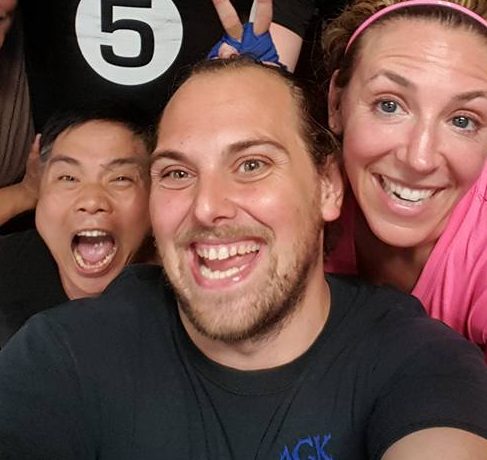We live in a competitive world, and most parents would jump at the chance to give their child every advantage imaginable. The world can also be unkind, and, as parents, we feel a need to protect our children from everything possible. And yes, parents are supposed to help and protect their children, but when does supporting children turn into overhelping?
The difference between the two is a very fine line and is often very difficult to decipher.
Responsible parenting means providing food, clothing, and shelter, giving attention and love, and protecting our children from danger. It does not mean doing everything for them and protecting them from anything that may bring them grief.
This type of over-protective parenting is excessive and can develop due to a parent’s fear, anxiety, or peer pressure from other parents. It can also be a way that parents overcompensate for the problematic childhood they experienced. While the hyper-involvement comes from a place of love, it can actually hinder a child’s ability to achieve autonomy.

In child development terms, autonomy develops when children can function independently and have choices.
Without this autonomy, children may experience what psychologist Erik Erikson called “shame and doubt,” which leads to decreased confidence and increased anxiety. When parents make all the decisions and fix all the problems for their children, those children have underdeveloped coping and life skills. The goal should not be to raise dependent children but, instead, to raise resilient and confident ones.
For this to happen, parents must empower their children by teaching self-reliance.
The goal is to raise children who are independent and stable on their own. Children must be allowed to make mistakes and learn to be resourceful in finding solutions to problems that present themselves. Parents can do this by supporting their children without completely removing themselves from the process.
It is vital to a child’s sense of independence that parents to be there for their children as a sounding board. When a child knows they have a parent supporting them while they explores life’s adventures, the child will develop healthy coping strategies and feel more confident in their decision making.
One way to do this is by letting children make mistakes in a safe environment.
In the SKILLZ program taught at 4GK Martial Arts, instructors utilize the classroom as a way to foster autonomy while teaching the skill of the day. By using Teaching SKILLZ such as “making choices” and “intrinsic motivation,” instructors are providing opportunities for children to make their own decisions so they feel confident. When kids make a mistake, instructors are there to coach them through the challenge by using positive “re-direction” to get them back on track so they can try again.
The line between empowering and enabling is a very fine one, but as career and life coach Maura Koutoujian put it, “When a child is enabled, they miss out in the opportunity to cultivate intrinsic motivation – a critical component in developing accountability and self-confidence.”
Although it’s hard for parents to see their children struggle, hurt and disappointment are a part of life and children need to develop ways to overcome those things on their own. Supportive parenting should always move children closer to independence and stability, which will lead to resilient adults in the future.
To learn more about the powerful Skillz childhood development program that uses martial arts as the vehicle for growth, or to get your child started at our Patchogue location, click the button below:
4GK MARTIAL ARTS
380 East Main St
Patchogue, NY 11772

Author: Jennifer Salama of Skillz Worldwide.
Jennifer is a 4th-degree black belt and has been training in martial arts since 2001. She has a Masters Degree in Child Psychology. She has embraced the SKILLZ curriculum because of its focus on child development and using martial arts as a vehicle to develop the child as a whole.

















